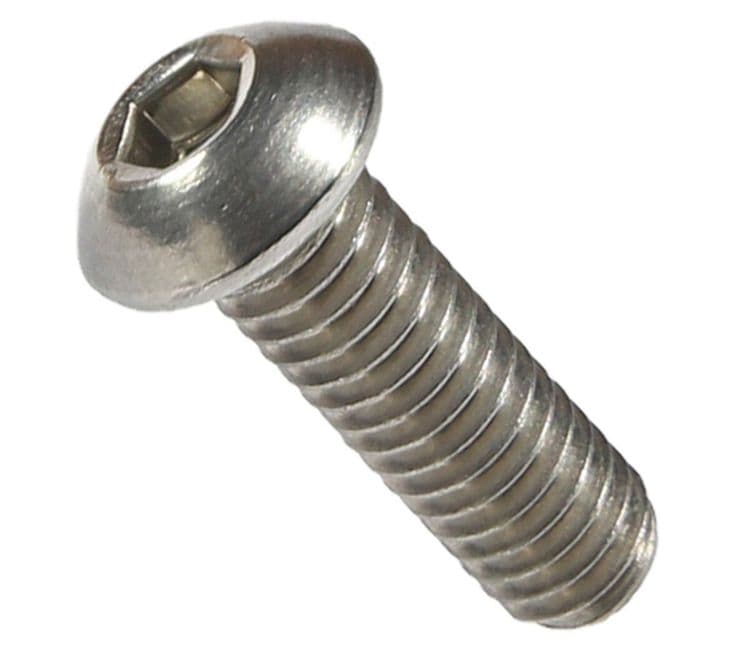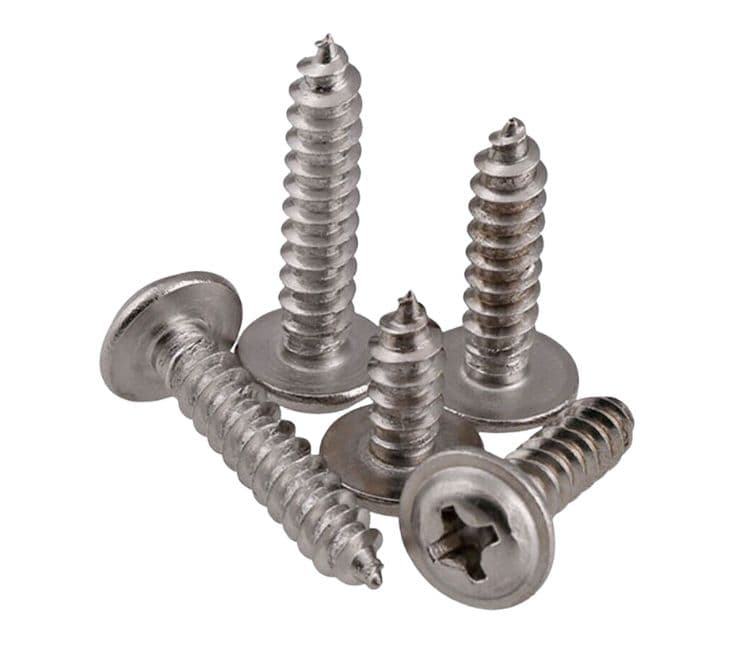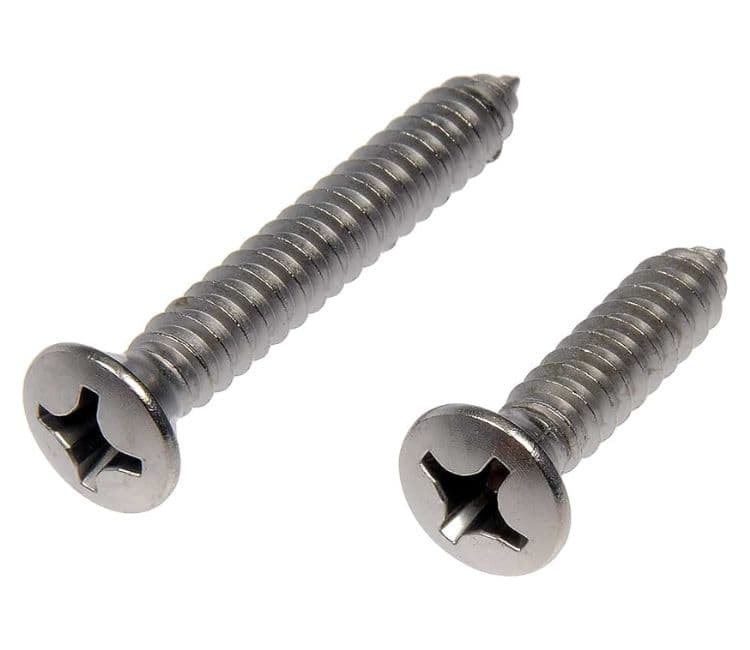| Size | M2 to M24 | 2-56 to 1"-8 |
|---|---|
| Type | Screw |
| Standard | Din, Iso, Jis, Gb, Is, Bs, Astm |
| Length | 4 mm to 150 mm |
| Material | Stainless Steel, Monel, Inconel, Incoloy, Hastelloy, Nickel, Silicon Bronze, Phosphor Bronze |
Self Tapping Screws Manufacturer in India
Caliber Enterprise is a leading Self Tapping Screws Manufacturer providing high quality fastening solutions which are provided to generate their own threads as they get driven into materials. Such screws are very efficient and do not require pre-drilling in most cases saving time and work. Self Tapping Screws are known to have sharp cutting threads and they are used to offer secure fastening in metal, wood and plastic materials. They are also popular in industries such as in automotive, construction, electrical and furniture manufacturing because they are reliable and easy to install.
| Material | Grade / Type | Standard | Thread Size | Length Range | Head Style | Drive Type | Thread Type | Finish |
|---|---|---|---|---|---|---|---|---|
| Carbon Steel | Case Hardened | DIN 7981 | ST2.2 – ST6.3 | 6 – 50 mm | Pan Head | Phillips | Thread Forming | Zinc Plated |
| Carbon Steel | Case Hardened | DIN 7982 | ST2.2 – ST6.3 | 6 – 40 mm | CSK Head | Phillips | Thread Cutting | Zinc Plated |
| Carbon Steel | Case Hardened | DIN 7983 | ST2.2 – ST6.3 | 6 – 30 mm | Pan Head | Slotted | Thread Forming | Black Phosphate |
| Stainless Steel | A2 | ISO 7049 | ST2.2 – ST4.8 | 6 – 38 mm | Pan Head | Phillips | Thread Forming | Plain |
| Stainless Steel | A4 | ISO 7050 | ST2.9 – ST4.8 | 8 – 38 mm | CSK Head | Phillips | Thread Cutting | Passivated |
Type of Sub-products

Socket Head Screws Socket Head Screws
Socket head screws feature an internal hex drive and cylindrical head.

Self Tapping Screws Self Tapping Screws
Self tapping screws create their own thread when driven into materials like sheet metal or plastic.
